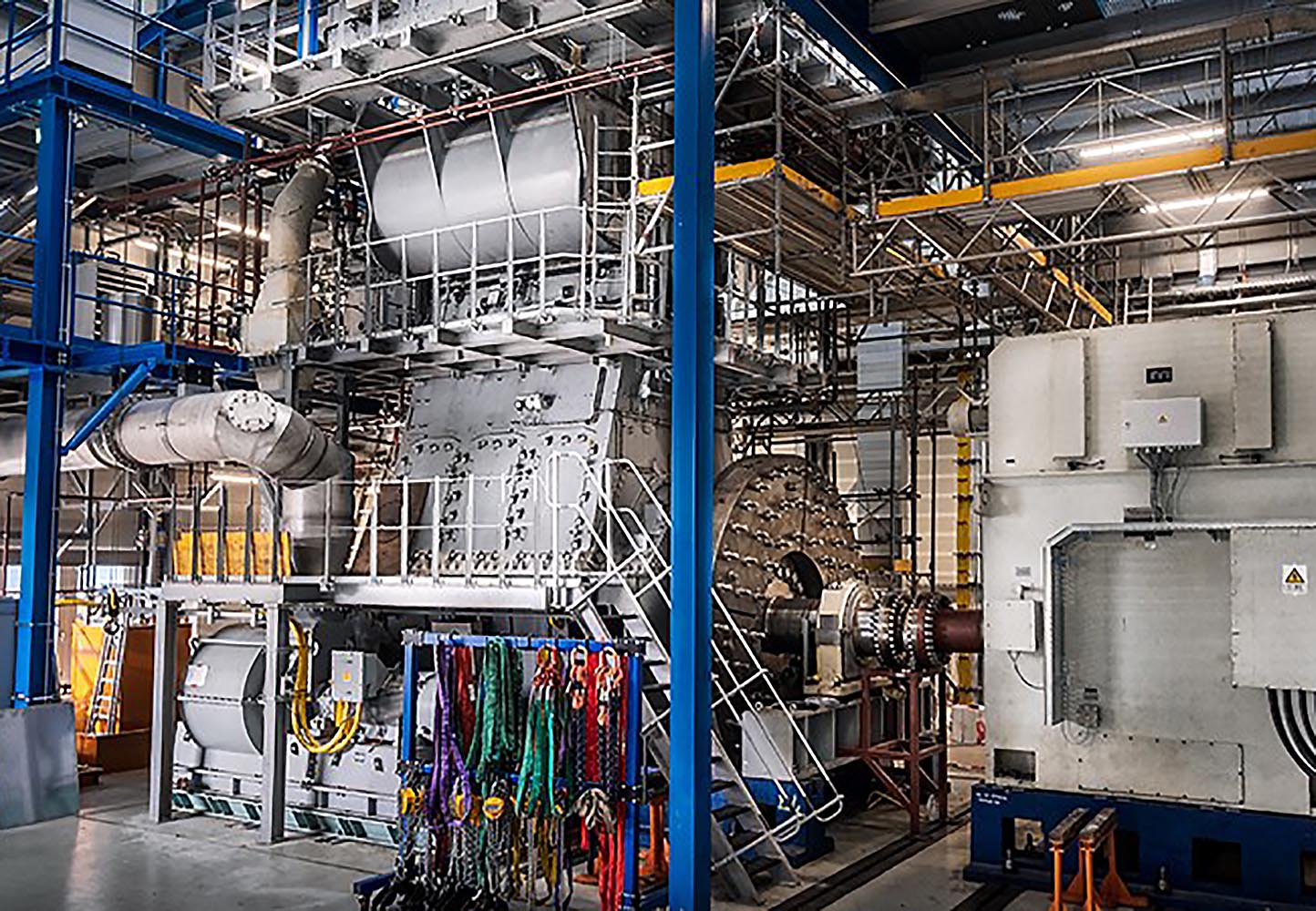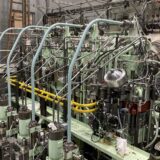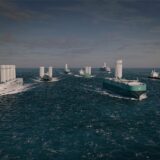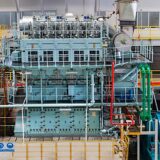
WinGD earns pioneering approval for ammonia-fueled engine
Swiss marine power firm WinGD has achieved a groundbreaking milestone by obtaining the first-ever approval in principle (AiP) for its ammonia-fueled two-stroke engines, a certification granted by Lloyd’s Register. This approval marks a significant step forward in the maritime industry, instilling confidence in shipowners to explore ammonia as a viable fuel option for their vessels.
WinGD’s X-DF-A dual-fuel range has been at the forefront of this innovation, with the 52-bore X52DF-A engine slated for delivery in the fourth quarter of 2024. This engine, applicable to various vessels including gas and bulk carriers, is a testament to the collaborative efforts of shipowners, shipyards, and engine builders who have rallied behind the development of ammonia-fueled engines.
Dominik Schneiter, CEO of WinGD, emphasised the urgency of transitioning to cleaner power solutions in the maritime sector. He highlighted the AiP as a demonstration of WinGD’s commitment to pioneering carbon-free ammonia power for the deep-sea fleet, well ahead of the emission targets set by regulatory bodies.
Nick Brown, CEO of Lloyd’s Register, echoed these sentiments, underscoring the need for the maritime industry to have faith in the safe deployment of new technologies amidst the exploration of various transition pathways. The AiP serves as a beacon of assurance that the ammonia two-stroke engine, with meticulous attention to design, construction, integration, and operation, can be a reliable solution.
The X52DF-A engine has undergone rigorous assessments to prove its technical readiness and compliance with future regulatory standards. Lloyd’s Register evaluated the engine’s safety concept, risk assessments, and preliminary designs of the engine and fuel supply system. The compatibility of materials with ammonia fuel was also confirmed.
Looking ahead, WinGD plans to expand the X-DF-A series, introducing a 72-bore variant in 2025 and additional engine sizes in 2026 to cater to diverse vessel types, from small tankers and car carriers to very large tankers. These engines, operating on the Diesel principle in both diesel and ammonia modes, maintain the same rating field and cylinder configurations as WinGD’s existing Diesel engines.














